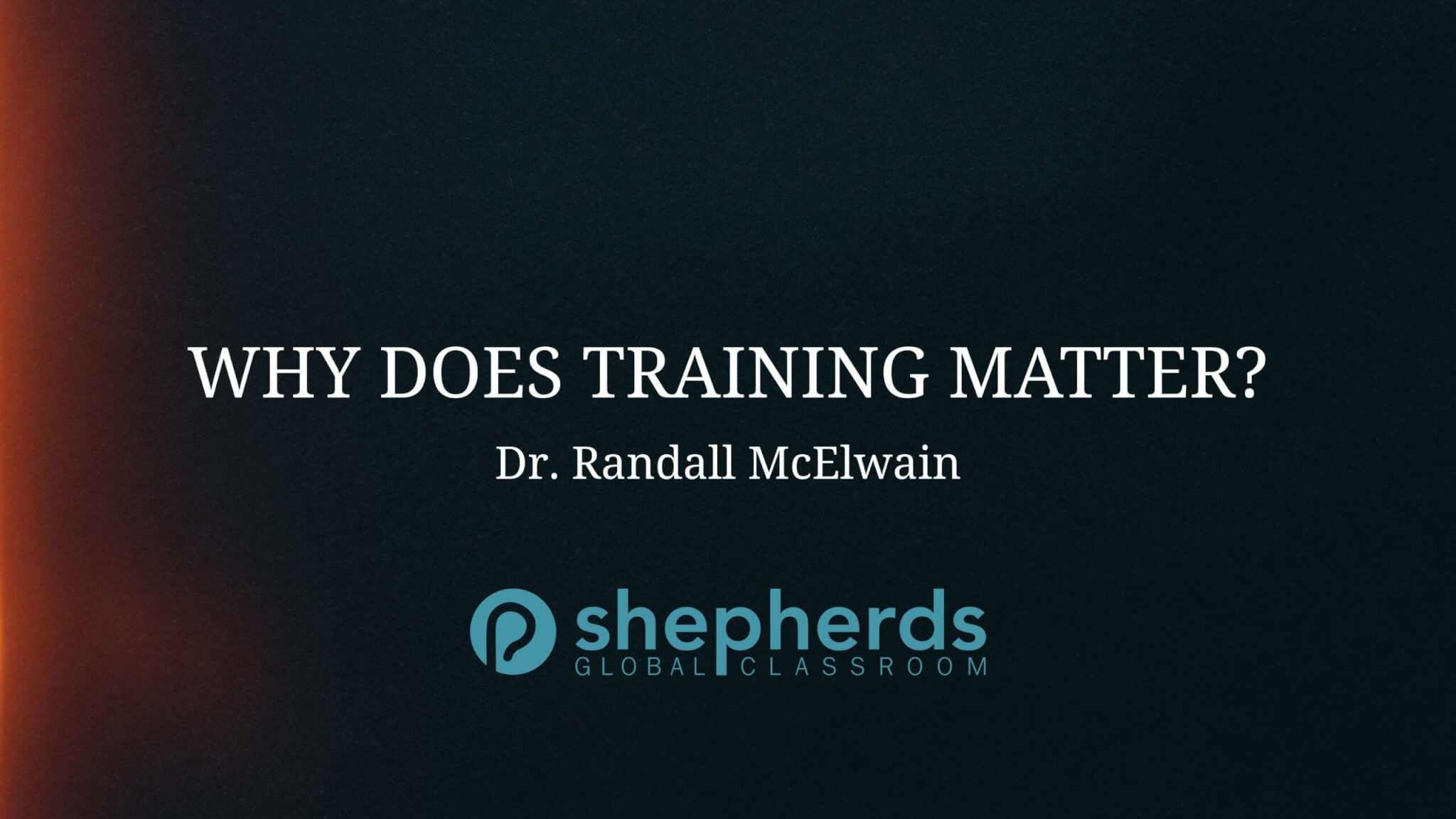John, the cousin of Jesus, had an important role in the redemption story. He headed up the advance team. His role was to prepare the way for Jesus, to get Israel ready for him, and to announce his arrival.
John became known as “John the Baptizer.” His baptism was not the traditional Christian baptism, symbolizing death with Jesus to the old life of sin and resurrection with Jesus to a new life of righteousness. His was a “baptism of repentance.”
And he went into all the region around the Jordan, proclaiming a baptism of repentance for the forgiveness of sins (Luke 3:3).
John calls the various classes of people who came to hear him to repentance, reminding them that repentance is vital to the preparation process. But I am most intrigued by the wisdom he demonstrates in this:
And the crowds asked him, “What then shall we do?”.
And he answered them, “Whoever has two tunics is to share with him who has none, and whoever has food is to do likewise.”
Tax collectors also came to be baptized and said to him, “Teacher, what shall we do?” And he said to them, “Collect no more than you are authorized to do.”
Soldiers also asked him, “And what shall we do?” And he said to them, “Do not extort money from anyone by threats or by false accusation and be content with your wages” (Luke 3:10-14).
John becomes very specific with seekers. Why? Because he knows human nature. He knows that as long as he speaks about repentance in generalities, most people won’t get it; they won’t truly understand what repentance means. Furthermore, they won’t understand their hearts.
When he says to the crowds, “Whoever has two tunics is to share with him who has none, and whoever has food is to do likewise,“ he is helping seekers identify the materialistic, selfish, distrustful nature of their hearts.
When John says to the tax collectors, “Collect no more than you were authorized to do,” he is helping them identify the greed, injustice, and idolatry in their hearts.
When he says to the soldiers, do not extort money from anyone by threats or false accusation, and be content with your wages,” he is helping them identify the cruel nature of their hearts.
This is exactly the tactic used by Jesus when he said to the Rich Young Ruler, “Sell what you have, and give to the poor, and then follow me.” With that command, Jesus shone a powerful spotlight on the greed and idolatry of a young man’s heart. It turned out that he wasn’t nearly as righteous as he thought he was. He thought he loved God and people, but it turned out that he loved his money and the advantages money offered him more than he loved God.
In my own life, I have noticed that when God wants to take me deeper, he will dig around in my life in very specific areas! He gets specific. And he does this to show me myself, to humble me, so that he can purify me, refine me, and shape me more into the image of Jesus.
When repentance becomes specific, spiritual expectation rises too (Luke 3:15). Repentance is not the goal; Jesus is! Repentance makes the heart ready for the coming of Jesus (Luke 3:16-17).
Father of Jesus, I pray with a Psalmist this morning, “Create in me a clean heart…” In Jesus name, amen.





